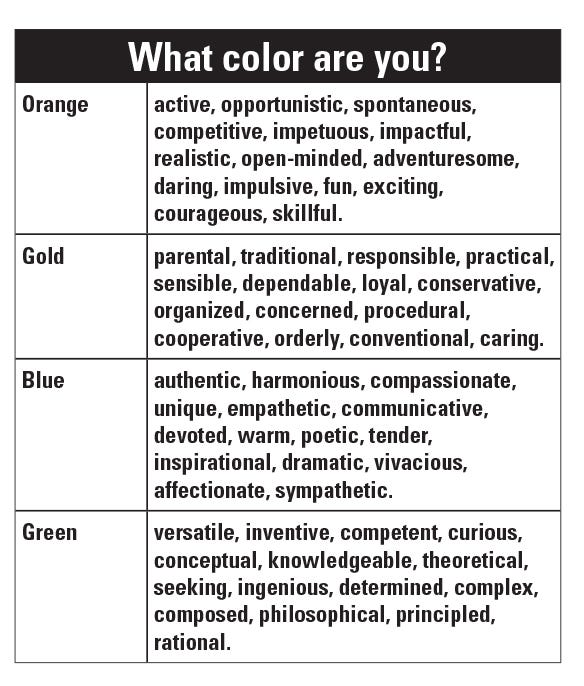March 6, 2018

The story was one Ruth Hambleton was all too familiar with. Mrs. R was recently widowed, and had moved off the farm into town. Before her husband’s death, he turned the farm over to one of the more prominent farmers in their county. Mrs. R’s question to Hambleton was simple. “How do I get rid of Farmer X?”
Mrs. R and her tenant had a verbal lease, and he was the one her husband had chosen to take over farming their land. He looked at him as a son, since they didn’t have children, Mrs. R tells Hambleton. But there were problems. “Farmer X won’t let me be involved in the farm the way I want to. He never talks to me, and makes all my decisions for me. He is trying to take care of me,” she shares.
Hambleton is the founder of Annie’s Project — Education for Farm Women, and the daughter of the program’s namesake, Annette Kohlhagen Fleck. Hambleton was in the early years of her Extension career at the time she met Mrs. R. She educated Mrs. R about her choices, and made sure she understood she could do what she wished with her land. A few weeks later, Mrs. R terminated the lease with Farmer X.
There are many farmers out there who don’t understand that the landowner is in control, Hambleton tells more than 300 women during the Nebraska Women in Agriculture conference. “The farmer is simply leasing the land from the landowner,” she says.
Setting the tone for the conference, the Annie’s Project founder tells women that conventional wisdom says, “We don’t have to understand; we have to accept.” These days, women are involved in most all farm and ranch operations, in some way, Hambleton says. “We understand that, while accepting that agriculture is still primarily a male-dominated business. We humbly understand our role on the farm and ranch is to make life easier, but we don’t have to understand everything. We just accept it,” she says.
“The challenge is to understand more, and just accept a little bit less,” she notes.
Hambleton says women in the U.S. are fortunate to live in a country rich in tradition and innovation, where they can own things, make decisions, inherit and pass it along to whoever they please. She often gets correspondence from women in other countries who are interested in Annie’s Project, but don’t have the same freedoms enjoyed in the U.S.
“I want you all to understand where you are in the world. All women want to know they are secure where they are. When you gain control, no process is always easy. At times, you may need two hands on the wheel,” she says.
Women are primarily the record-keepers in the family, and sometimes they have to use those records to make the tough decisions. “Remember that the why controls the who, what, where and when in our lives to help us keep control of our business. It gives us purpose to deal with family and business,” she says.
Through Annie’s Project, Hambleton has learned that the No. 1 concern women worry about is the debt load carried by their farms and ranches. “Whether we like it or not, the government plays a big role in that,” she says.
Conferences like the Women in Agriculture have big impacts on women, Hambleton says. One of the founders of Annie’s Project, Deb Rood, lived through farm life in the 1980s when the agriculture economy suffered from high inflation, high interest rates and crashing land values. Despite that, she became a leader in farm and ranch programming for women, starting out with a $2,000 grant in Illinois. “From that, came Annie’s Project,” Hambleton says.
“There are 2.1 million farm operations in the U.S., and in each and every one, we are the communicators and negotiators for the farm,” Hambleton says. “When my mother, Annie, passed away in 1997, the dynamics changed on our own family farm. Mom was the hub of our family, and when she was gone, we had to find a place to put that spoke. It was now up to Dad, my sister and I to organize things like Christmas get-togethers and all the other things Mom did for us,” she says.
“One of the first things we do in Annie’s Project is a personality analysis,” she says. This analysis determines if that person is blue, gold, green or orange. Each color indicates what type of personality traits they are more likely to have. “The color you are impacts how you are going to work with different people, and it can also impact the choices we make in life,” she says.

“The message here is that we may not be able to solve everything in farm management,” she continues. “We may just need to step back and accept what you can do nothing about. The softer side of farm management is that the color we are impacts how we make decisions, communicate, and handle conflict,” she says.
Clark writes from Potter.
About the Author(s)
You May Also Like




